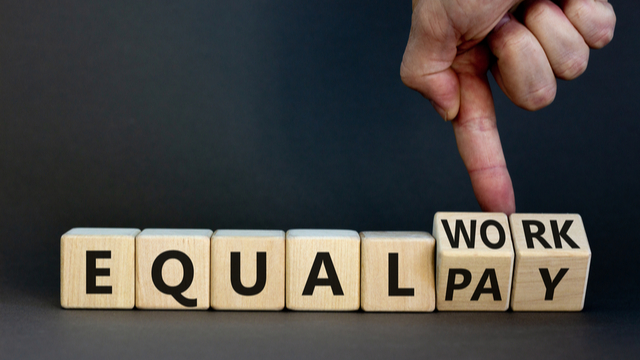Currently, only one state does not have an equal pay law, and that state is Mississippi. On July 1, 2022, Mississippi will join all other states when its equal pay law goes into effect. Let’s take a closer look.
House Bill 770
In March of this year, both the Mississippi House and Senate passed House Bill (HB) 770, which prohibits employers from paying employees of different sexes different wages if they are performing “equal work on a job, the performance of which requires equal skill, education, effort and responsibility, and which is performed under similar working conditions.” The law also prohibits retaliation against an employee for taking action to enforce rights under HB 770 or assisting in enforcement of it.
Similar to the federal Equal Pay Act (EPA), however, HB 770 allows differences in pay if they are based on:
- A seniority system;
- A merit system;
- A system that measures earnings by quantity or quality of production; or
- Any other factor other than sex.
With regard to “any other factor other than sex,” the law makes clear that such factors can include an individual’s previous salary history and continuity of employment in contrast to the histories and employment continuity of employees of the opposite sex who work for the employer. In addition, whether there was a competition with other employers for the individual’s services and whether the individual attempted to negotiate for higher wages as compared to employees of the opposite sex who work for the employer can justify disparities in pay.
HB 770 will apply to any employer (including employees of the state, its political subdivisions, and instrumentalities of subdivisions) that employs five or more employees, and to employees who work 40 hours or more a week. Employees alleging violations of HB 770 may file a civil lawsuit in circuit court within two years from the day they should have known of the violation and, if successful, may seek reasonable attorneys’ fees, prejudgment interest, back pay, and costs.
Because of the mirrored purposes of HB 770 and the federal EPA, however, HB 770 states that an employee may not file both a lawsuit under HB 770 and a lawsuit under the EPA. It states that if employees file a lawsuit under HB 770, they must waive any right to relief under the EPA, and if they also initiate a lawsuit under HB 770, the claims under HB 770 will be dismissed.
Further cementing the relationship between HB 770 and the EPA, HB 770 states that any published decisions of the United States Supreme Court, the United States Court of Appeals for the 5th Circuit (whose rulings apply to all Mississippi employers), and the United States District Courts embracing the state circuit court in which a lawsuit under HB 770 is pending are ”considered mandatory authority and shall be followed by the circuit court” unless and “until there is a contrary ruling interpreting [HB 770] by the Mississippi Supreme Court or the Mississippi Court of Appeals.”
Takeaway
Although HB 770 is new to Mississippi, its prohibitions aren’t new to employers already covered by the EPA. That said, state court action involving equal pay claims is a new twist for such claims, even though the circuit courts must follow federal precedent. It remains to be seen how often employees seek redress in state court for equal pay violations instead of federal court, whether trends will develop in certain counties within the state, and whether the Mississippi Supreme Court or Court of Appeals will interpret HB 770 differently from the EPA. Stay tuned.
Martin Regimbal, a Shareholder of The Kullman Firm in Columbus, Mississippi, may be reached at mjr@kullmanlaw.com.

